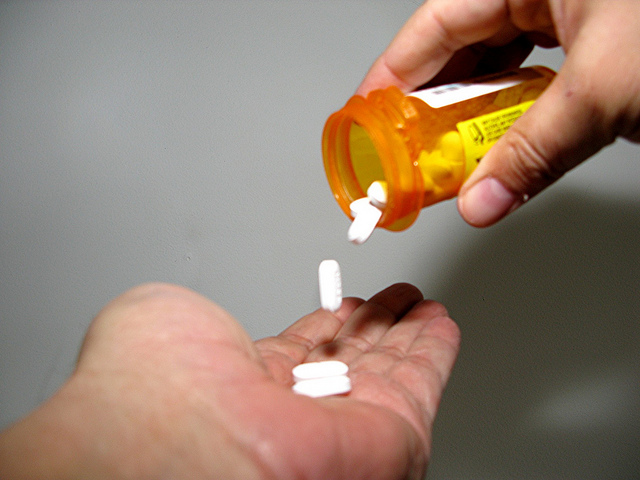
VANCOUVER –Health Canada’s proposal to loosen regulations on importing prescription-grade heroin to treat opioid addiction is being hailed as a crucial step to reducing fentanyl-fuelled deaths across the country.
Drug policy campaigner Caitlin Shane, who is with the advocacy group Pivot Legal Society, said 931 overdose deaths last year in British Columbia alone point to the urgent need to treat people struggling with opioid use disorder.
“The need is so profound in B.C. and other provinces. It’s so necessary to look at the failures of drug prohibition and to see what other options are available to deal with this crisis,” Shane said.
“It seems that were this crisis related to any other population it would be dealt with differently, it would be more of a priority for every level of government,” she said, adding stigma against drug users has prevented increased access to medication for a legitimate health issue.
British Columbia is the hardest-hit province when it comes to opioid deaths, with 347 fatalities recorded by the coroners’ service between January and March of this year.
Canada approved prescription heroin treatment in September 2016 for substance users who did not respond to other therapies such as methadone and suboxone.
The new rules would allow health authorities to import a year’s supply of prescription-grade heroin or other drugs in bulk for a public health emergency such as a flu pandemic if the medication is not sold domestically.
“Our government is determined to work with our partners to help reduce the harm to citizens and communities that is associated with problematic substance use,” federal Health Minister Jane Philpott said in a statement.
The urgent nature of the overdose issue means the consultation period for Canadians to share their views on the proposal has been shortened to 15 days, from about 75 days, Health Canada spokesman Eric Morrissette said Monday.
Dr. Scott MacDonald, lead physician at Vancouver’s Crosstown Clinic, said about 100 people are currently being treated with prescription heroin, or diacetylmorphine, at the only such facility in North America.
Patients are given a syringe of medical-grade heroin, which they inject themselves, up to three times a day under a nurse’s supervision.
MacDonald said the clinic’s pharmacy is currently being expanded to treat up to 200 people though hundreds more need access to the medical heroin, which is imported from Switzerland on an as-needed basis for individuals, MacDonald said.
“We’re not able to store any amount. So we’re not able to respond in an urgent fashion,” he said.
“This is a very important tool to attract people into care,” MacDonald said of the new regulations, adding societal costs such as for repeat hospitalizations, crime and incarceration would be reduced.
MacDonald said prescription-grade heroin could one day be produced in a lab in Canada, but a company would have to apply for a drug identification number, a lengthy undertaking through multiple government hurdles.
“That’s the preferred approach, domestic production,” he said. “But that’s a very involved process and might take lots of years. So I’m just glad there’s an alternative process so we can respond to this opioid crisis.”
Drugs not sold in Canada can currently be imported for clinical trials or under the Special Access Program, allowing treating physicians to make applications for individual users.